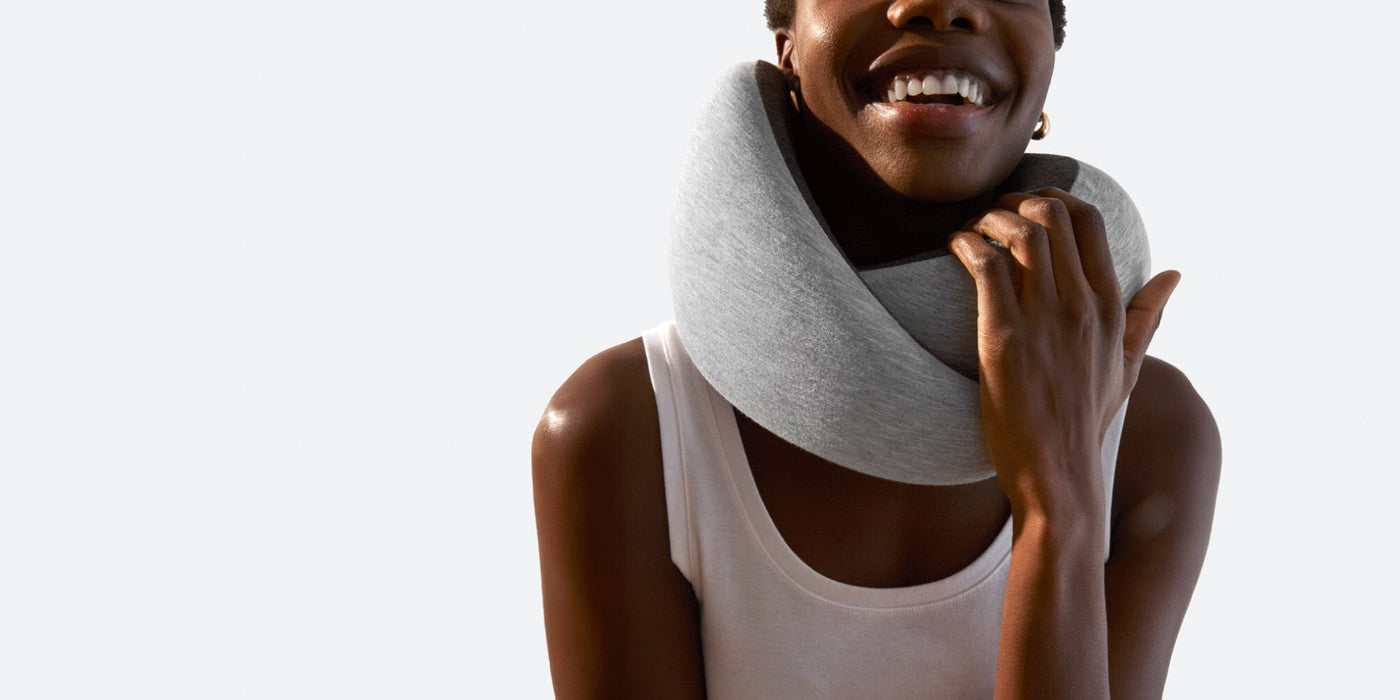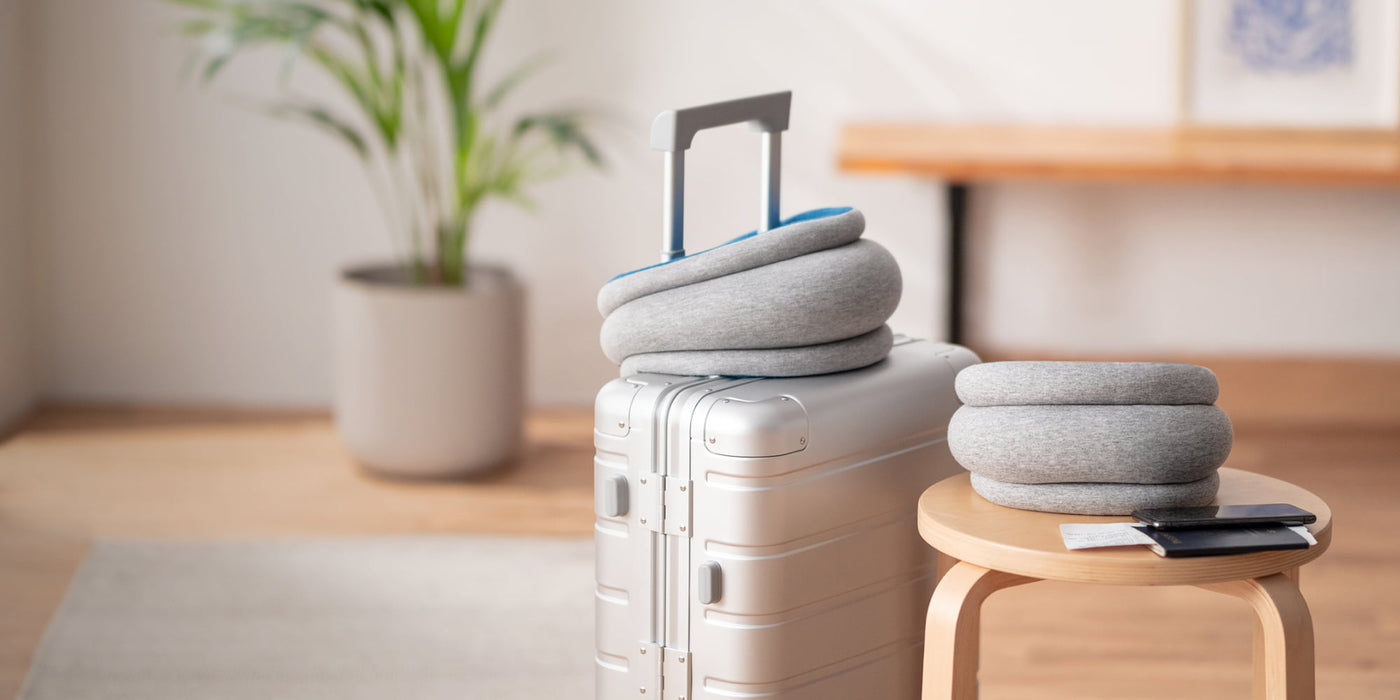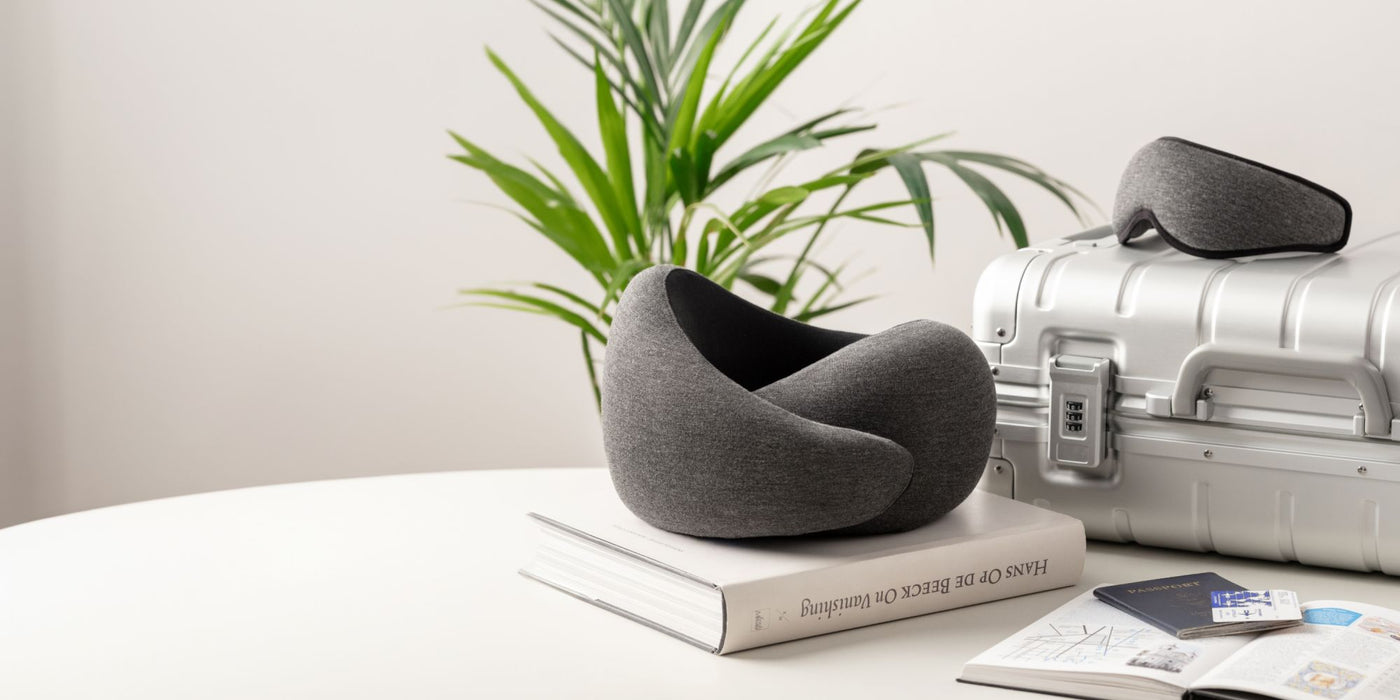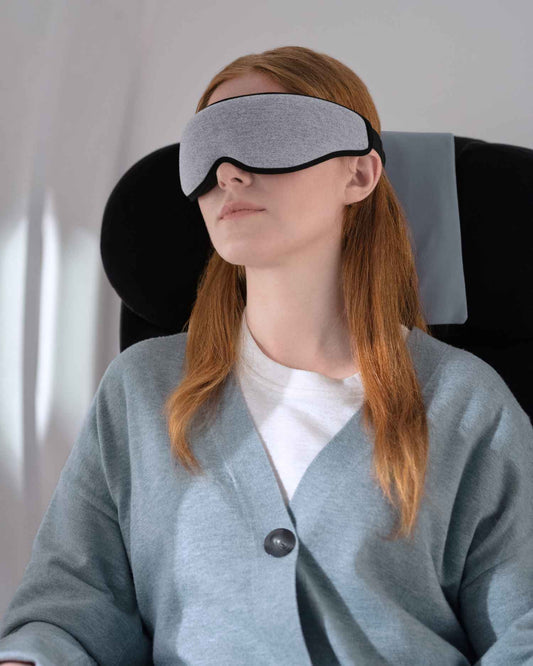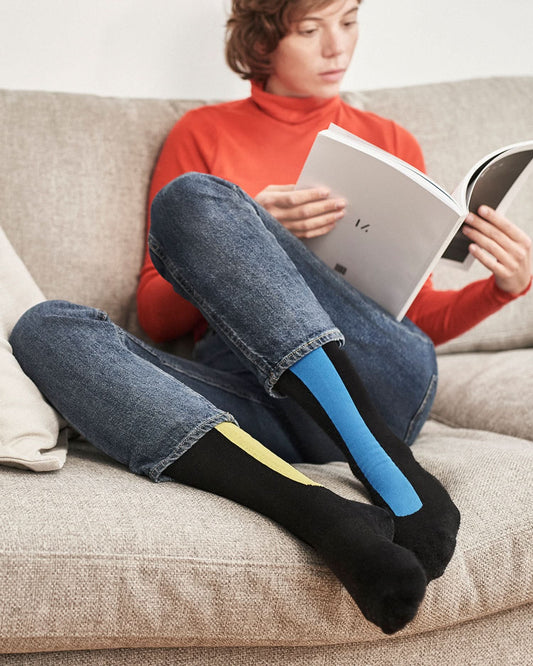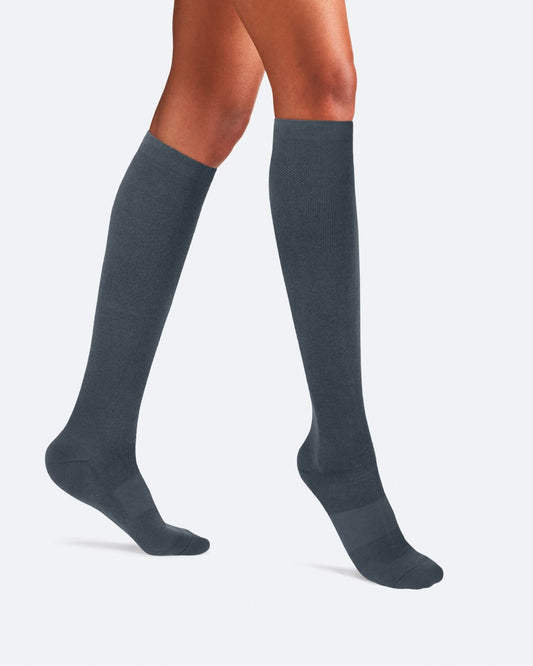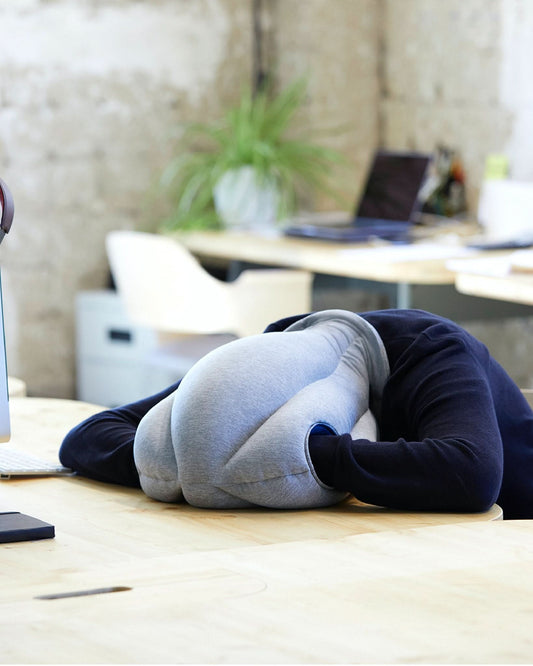
On your back or on your side? The way you sleep could affect your health more than you think. Find out how to do it the proper way.
It is common to think that the good sleeping position is the one we develop ourselves. After all, if the body adopts that posture, it must be appropriate, right? Well, although the body is wise, it is not so wise. Have you ever woken up with pain in your back – or your head? Medical science has concluded that there are some postures which are better than others, and depending upon the individual they may be beneficial for certain conditions. Is your position among the best?
Best sleeping positions
On your back
Maybe it's one of the least popular, but it's one of the healthiest. Sleeping on your back makes the head, neck and spine to rest in a natural position, and aligns them thanks to the force of gravity. Thus, the pressure on the joints of the back is relieved, avoiding possible pain. A pillow under the knees can provide additional support. If the head is kept high enough above the oesophagus, acid reflux is also prevented. There is a downside, however: this position is not recommended if you are snoring or suffer from apnea, as the tongue can block the respiratory tube. Also, in this position, light is also more likely to be an inconvenience, so using a sleep mask such as the OSTRICHPILOW Loop may be recommended.
On your back
Maybe it's one of the least popular, but it's one of the healthiest. Sleeping on your back makes the head, neck and spine to rest in a natural position, and aligns them thanks to the force of gravity. Thus, the pressure on the joints of the back is relieved, avoiding possible pain. A pillow under the knees can provide additional support. If the head is kept high enough above the oesophagus, acid reflux is also prevented. There is a downside, however: this position is not recommended if you are snoring or suffer from apnea, as the tongue can block the respiratory tube. Also, in this position, light is also more likely to be an inconvenience, so using a sleep mask such as the OSTRICHPILOW Loop may be recommended.
On your side
Unlike the previous one, this position keeps the respiratory tube always open, so breathing is much easier. The spine is also aligned in this case, but it is convenient to put a pillow between the knees to prevent pain in the lower back, since it elevates the upper leg leading to a more natural posture. The downside? It has been proven that those who sleep always on the same side develop more wrinkles there.
Fetal position
It is by far the most popular form – 41% of adults according to the National Sleep Foundation. The curled body with the knees facing the chest makes the spine joints open up as much as possible, and on the other hand improves blood circulation. It also helps reduce snoring. It is especially useful for pregnant women – especially on the left side – because it prevents the uterus from putting pressure on the liver. It is important that the position is not too tight, because it can alter the diaphragm and therefore breathing.
Worst sleeping positions
On your stomach
While it may be beneficial to those with apnea, this position does not provide any other benefits. It is common to suffer from neck pain after sleeping on the stomach, as the spine is rotated from its natural position. Raising your arms is not good either, as it puts pressure on the nerves. In addition, gravity causes the volume of the lungs to decrease, leading to breathing problems.
Weird sleeping positions
The starfish
The image is clear: someone sleeping on his back with his arms and legs fully extended. It has the same advantages and disadvantages as sleeping on your back, although for those sharing a bed is not the most appropriate.
The scissors
This one has different variants. Always upside down, it can be presented with legs open and arms either attached to the body or also open.
The log
The name says it all. People who sleep like this lie on their side, with their body completely straight and their arms stretched out close to their body. That stiffness is not good for those with arthritis.
And what about you? Is yours a good sleeping position?
Want to keep dreaming?
At OSTRICHPILLOW we're all about travel, discovery, and the unexpected. Join our community of dreamers and you'll receive special offers and inspiration fresh to your inbox.
Header photo by Ann Danilina on Unsplash














